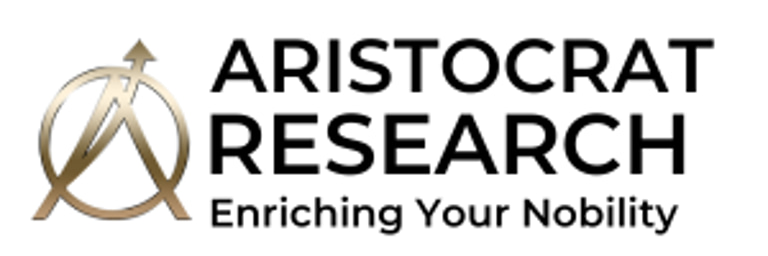The peer review process is a crucial step in the journey of a research paper from draft to publication. However, for many authors, especially those new to academic publishing, it can be a daunting experience. This blog aims to demystify the peer review process and provide actionable tips to help you navigate it smoothly.
